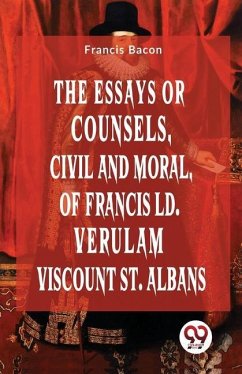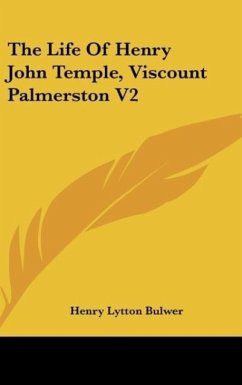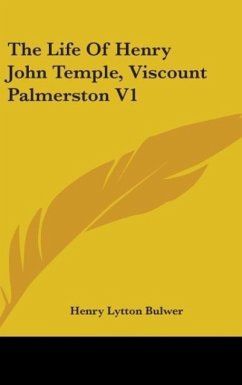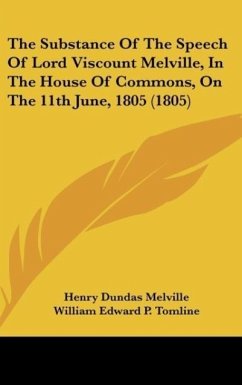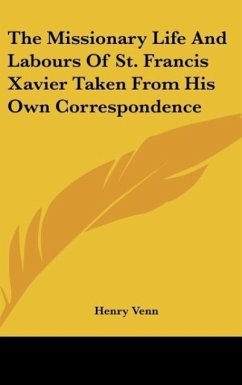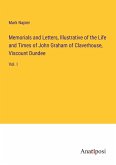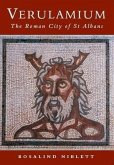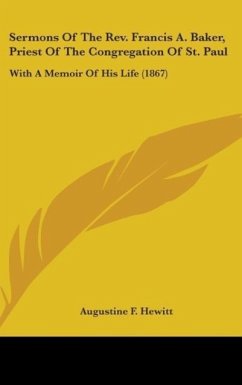"The Essays or Counsels, Civil and Moral" is a collection of essays by Francis Bacon. The essays cover a wide range of topics, including love, friendship, education, ambition, and religion. In the essays, Bacon offers practical and insightful advice on how to navigate various aspects of life. He encourages readers to seek knowledge, cultivate wisdom, and develop good habits. He also emphasizes the importance of self-reflection and self-improvement. Bacon's writing style is clear and concise, and he uses a wide range of examples and anecdotes to illustrate his points. He draws on the wisdom of the ancients and provides practical advice for contemporary readers. One of Bacon's most famous essays is "Of Studies," in which he argues that reading and learning are essential for personal growth and intellectual development. Another notable essay is "Of Truth," in which Bacon explores the nature of truth and the importance of honesty and integrity. Overall, "The Essays or Counsels, Civil and Moral" is a timeless work of wisdom and practical advice, and it continues to be read and admired by readers today.
Hinweis: Dieser Artikel kann nur an eine deutsche Lieferadresse ausgeliefert werden.
Hinweis: Dieser Artikel kann nur an eine deutsche Lieferadresse ausgeliefert werden.

